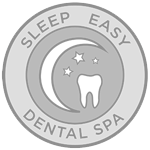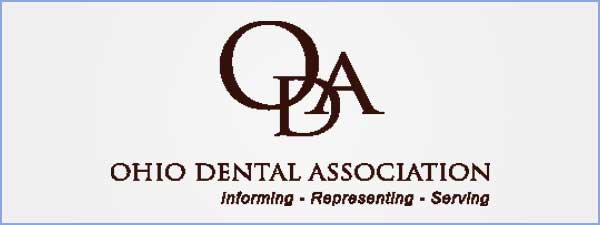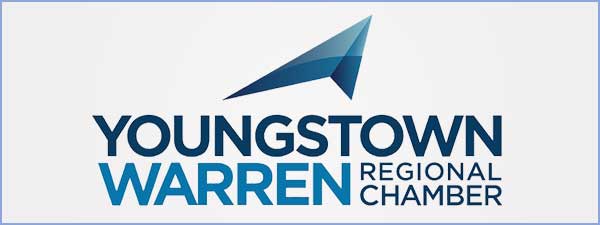
Struggling with loud snoring, restless nights, or waking up tired despite sleeping for hours? You’re not alone. Sleep apnea is a common and often underdiagnosed condition that can impact your energy, focus, and long-term health. If you’re finally taking the step to seek help, planning your first visit to sleep apnea doctors can feel overwhelming—but with the right guidance, it doesn't have to be.
In our previous blog, we discussed the importance of the role of a sleep apnea specialist to achieve better sleep. In this blog, we’ll discuss how to get ready for your appointment, what to expect, and how to make the most of your time with your sleep specialist.
Why Seeing a Sleep Specialist Matters
Sleep apnea can lead to serious health complications such as high blood pressure, heart disease, and chronic fatigue if left untreated. Working with a qualified sleep specialist is essential for getting an accurate diagnosis and a personalized treatment plan. Clinics that have sleep medicine in Hudson are known for providing comprehensive evaluations and sleep-focused care, helping you move toward restful nights and more energized days.
5 Things to Do Before Your First Sleep Apnea Visit
Here are five basic steps to follow to prepare an individual for their visit to a sleep apnea doctor.
1. Track Your Sleep Patterns
Before your appointment, it’s helpful to track your sleep for at least a week. Use a simple sleep journal or a mobile app to record the time you go to bed, how long it takes to fall asleep, any nighttime awakenings, and how you feel upon waking. Ask a partner if you snore or appear to stop breathing while sleeping. These observations provide your sleep apnea doctor in Niles with useful data that may point toward specific types of sleep apnea or related issues.
2. List Your Symptoms and Concerns
Sleep apnea symptoms aren’t limited to snoring or disrupted sleep. Fatigue, brain fog, dry mouth, irritability, or even depression can be linked to poor sleep quality. Make a list of any symptoms you’re experiencing, even if you’re unsure whether they’re sleep-related. Sharing a complete picture helps your doctor assess the severity of your condition and recommend the most effective treatment options.
3. Bring Your Medical and Family History
Compiling your personal and family medical history in advance can significantly aid your sleep specialist. Conditions such as obesity, high blood pressure, Type 2 diabetes, or cardiovascular disease are often linked to sleep apnea. Additionally, if close relatives have experienced similar sleep issues, it may point to a genetic component. Bring a written summary or any relevant records to help your doctor evaluate your overall risk factors during your first consultation.
4. Ask About Testing Options
During your visit, your doctor may suggest a sleep study to confirm the diagnosis. These can be done either in a sleep lab or at home, depending on the severity of symptoms and your overall health. If you’re working with a sleep center in Liberty Township, you’ll likely be introduced to multiple options for sleep testing that are convenient and clinically effective. Ask questions about the process and results so you know what to expect moving forward.
5. Prepare Questions to Ask
It’s normal to have questions during your first appointment, and preparing them in advance can ensure that you leave with all the information you need. You might ask about the type of sleep apnea you have, available treatment options, whether a CPAP machine is necessary, and how lifestyle changes might improve your condition. This open dialogue fosters trust and helps your doctor tailor a treatment plan that works best for you.
What to Expect During Your Appointment
Your initial visit typically includes a discussion of your symptoms, sleep habits, medical history, and a physical examination focused on your airway and nasal passages. If a sleep study is necessary, your doctor will explain whether an in-lab study or a home test is more suitable for you. Some modern clinics treat the sleep effect in Girard and use advanced diagnostics and minimally invasive therapies that prioritize patient comfort while delivering results.
Conclusion
Your first visit to a sleep specialist is a crucial step toward better sleep and overall health. By taking the time to prepare and know what to expect, you’re giving yourself the best possible chance of receiving accurate care and meaningful relief. Whether you're visiting a clinic or exploring treatment options nearby, sleep-focused practices across the region are ready to help you get back to restful nights and energized mornings. Call us now at (330) 759-4550!









